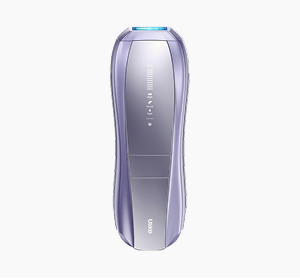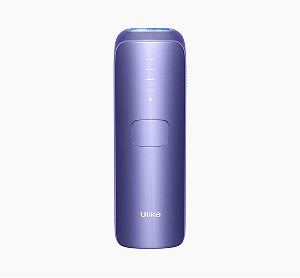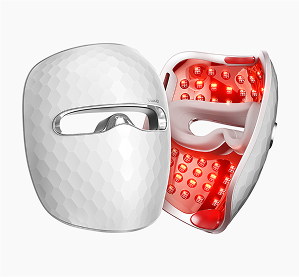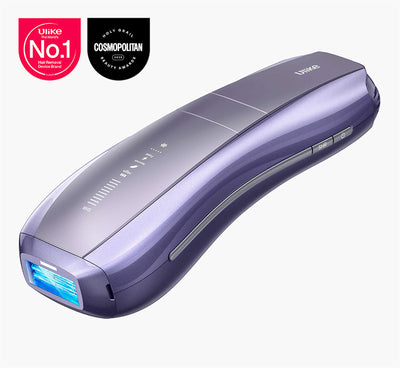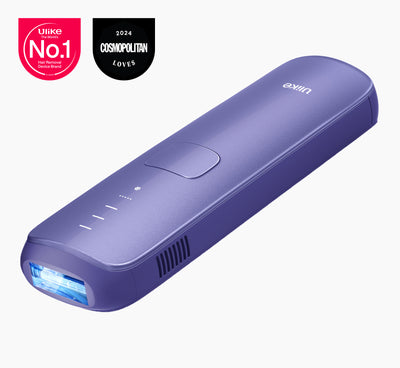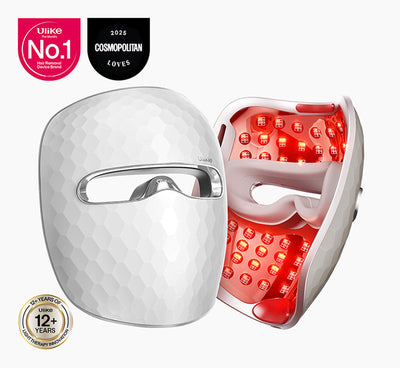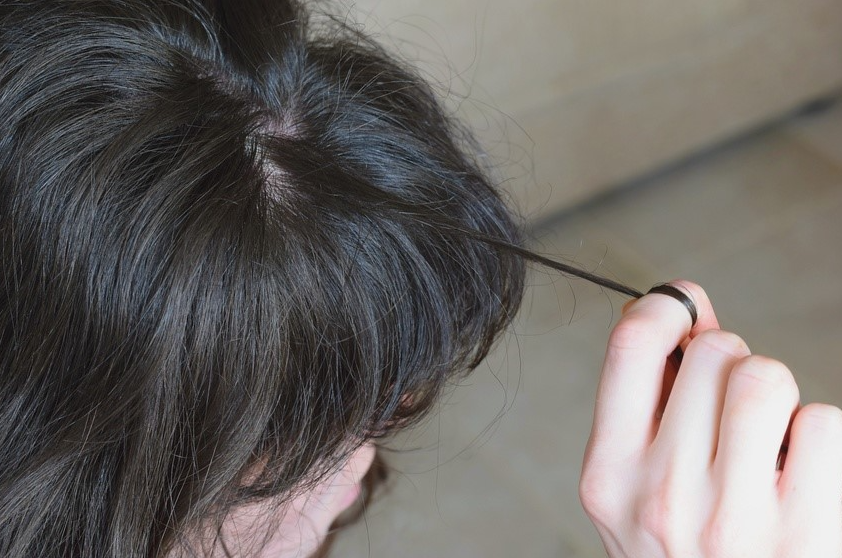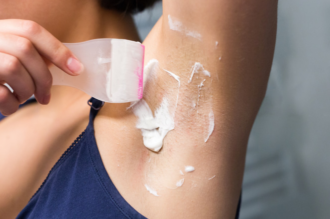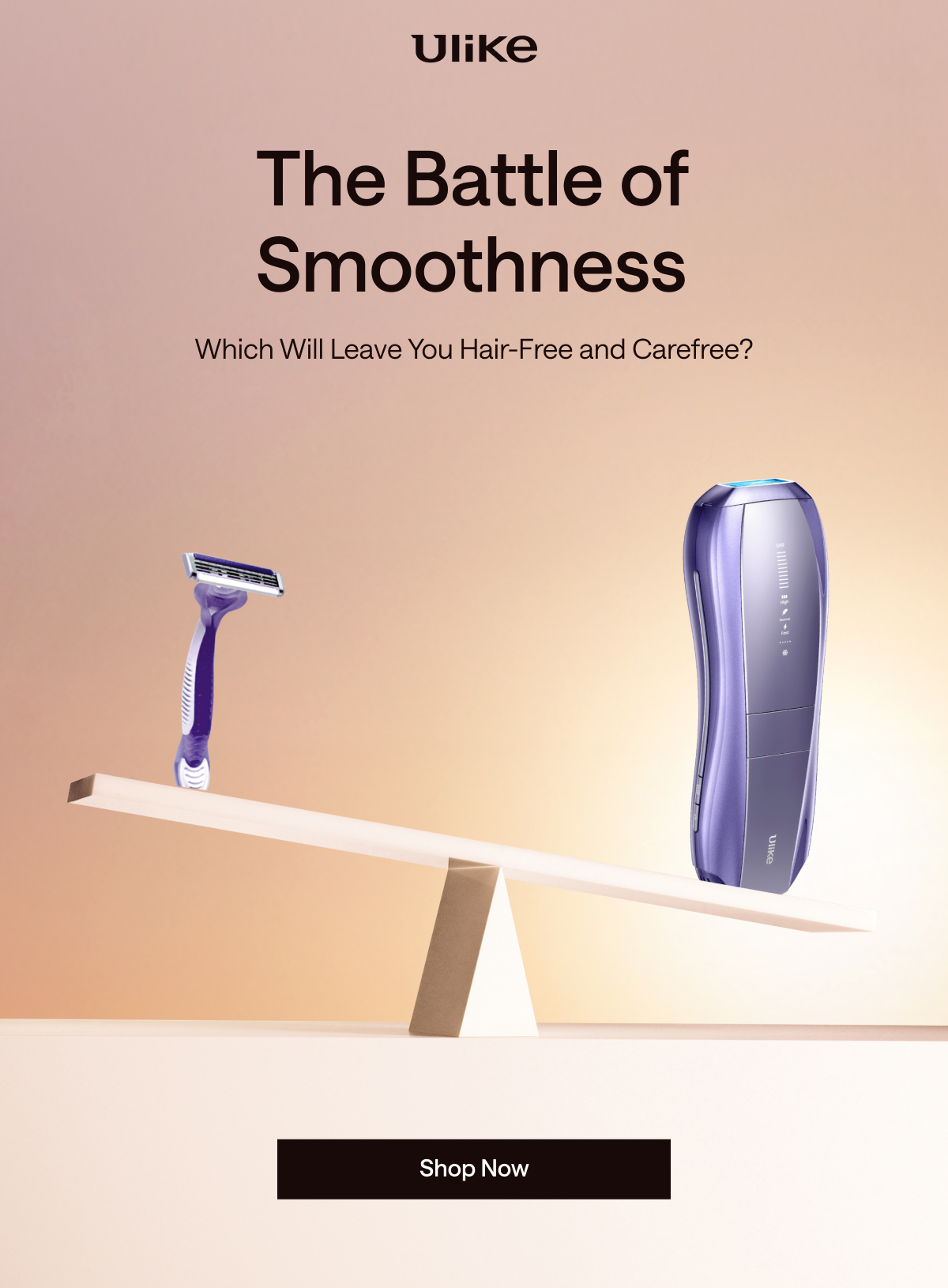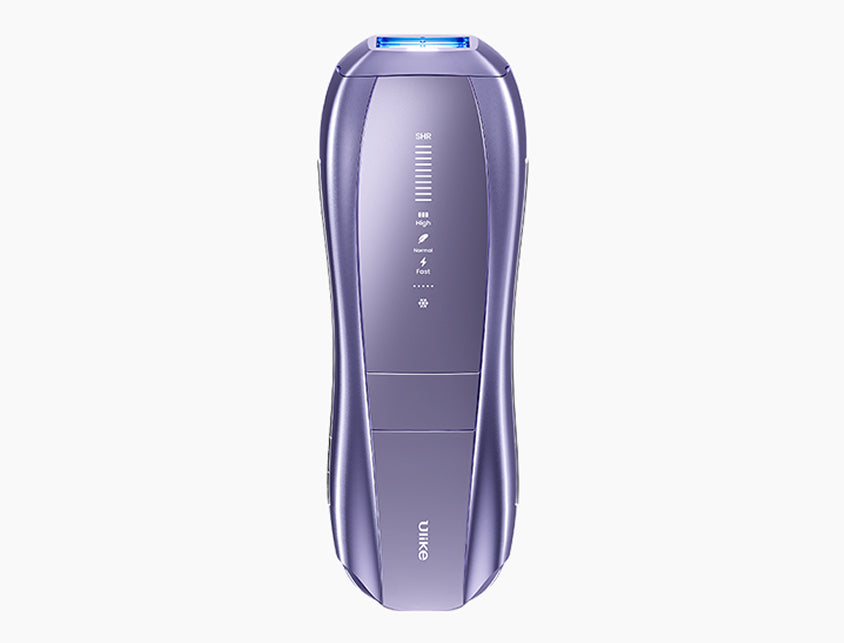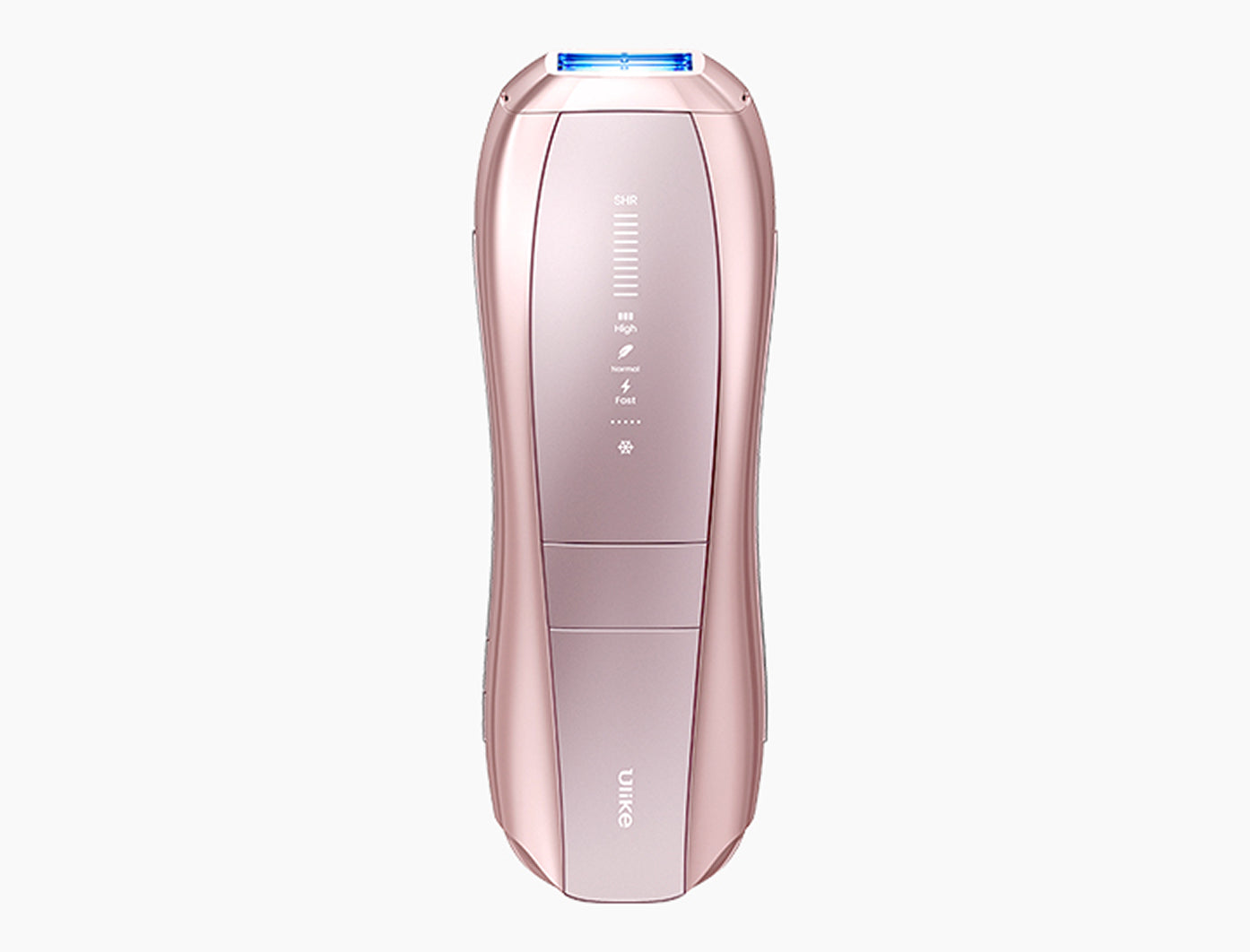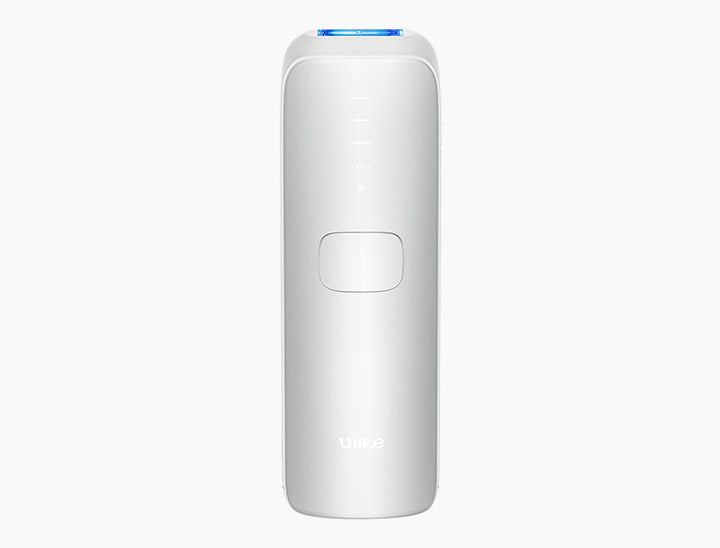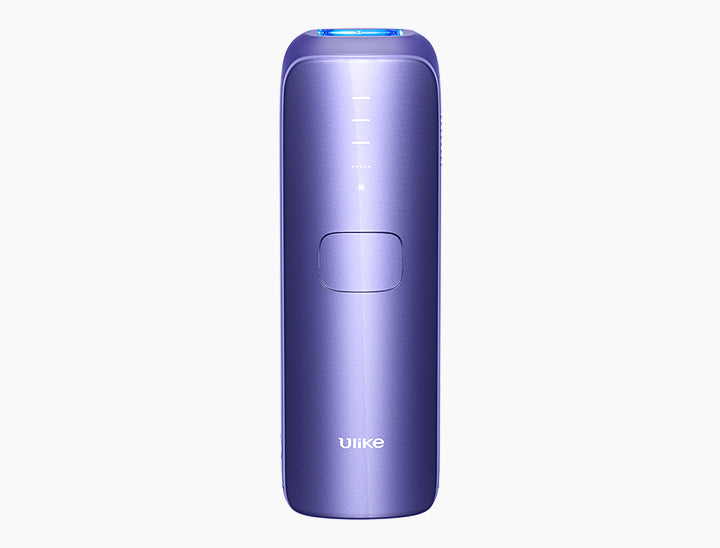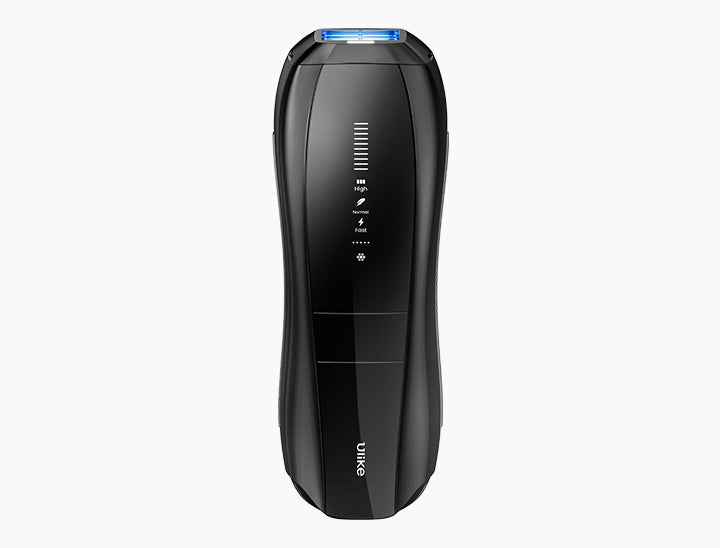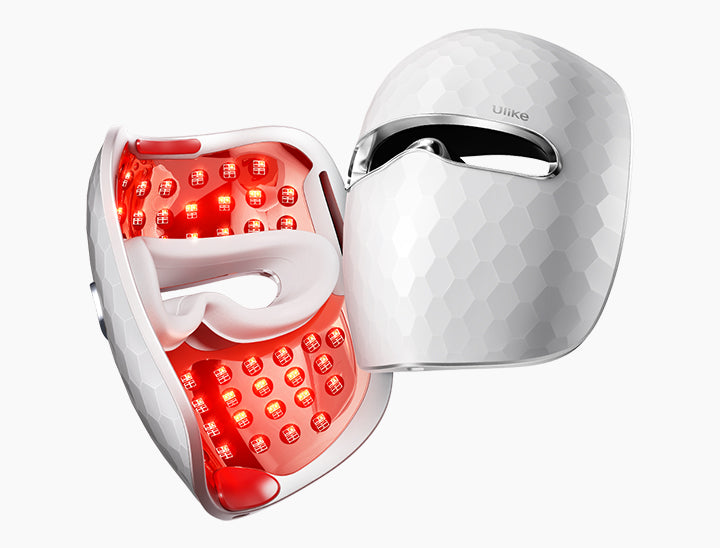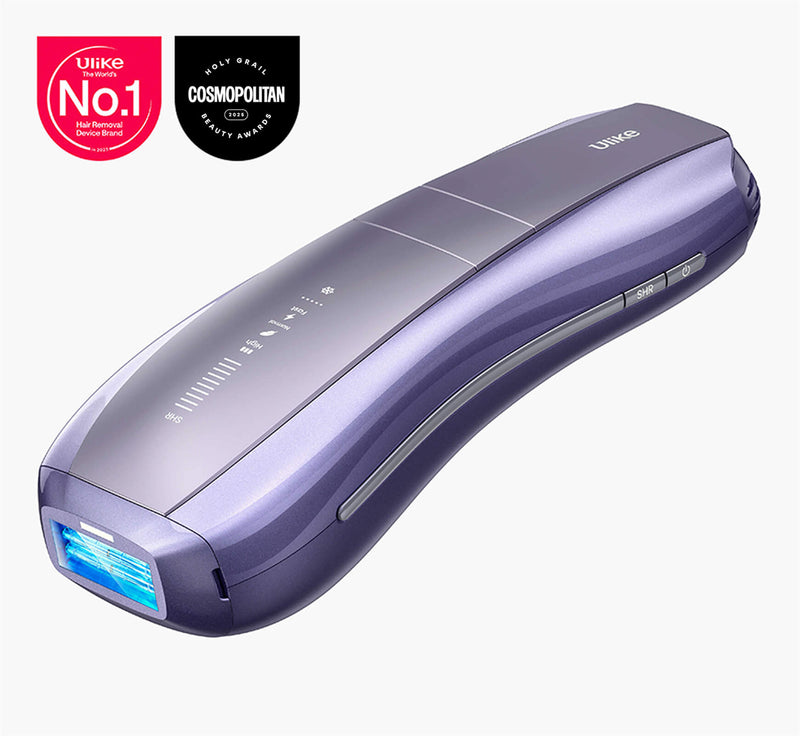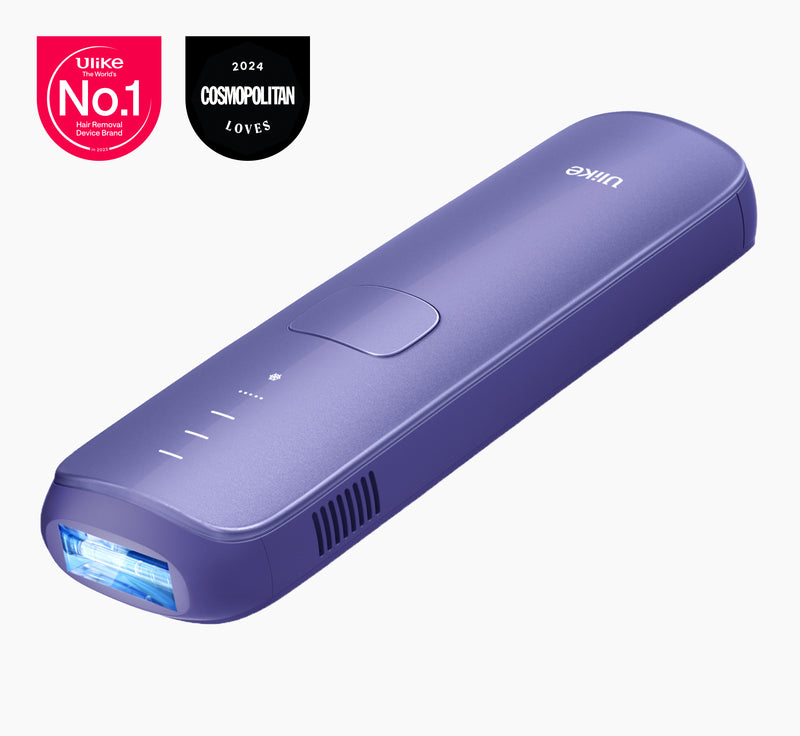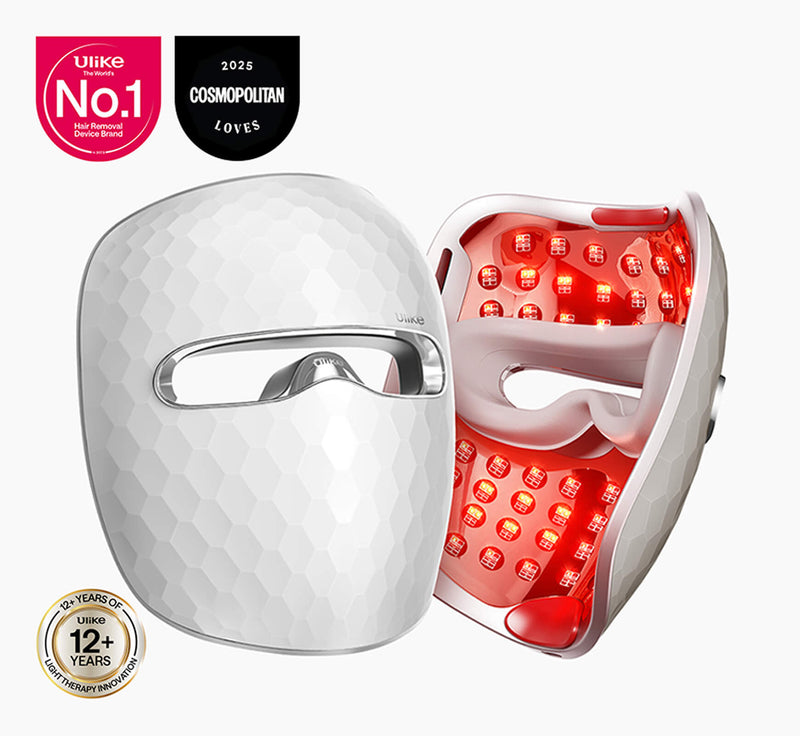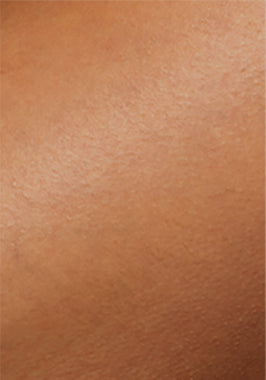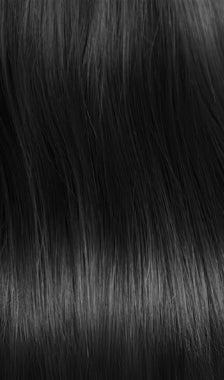Walking out into the sunlight after a laser hair removal procedure, feeling as if all appears to be well and as it ought to be. But wait – what if that innocent moment of sun exposure does more harm than good, inflicting serious complications on the skin? So let’s get down to it – why is sun exposure after laser treatment is considered not only dangerous but a threat to the skin, causing problems as burns and pigmentation changes?
Effects of Sun Exposure After Laser Hair Removal Procedures
1. Skin Damage
Hypersenstivity of Skin
The chemical energy produced in laser hair removal induces destruction of hair follicle via heat. Normally, a controlled energy would not leave the skin open to any burn or serious harm, However, the harmful radiations from the sun can. The wavelength of UVA (320 to 400nm) and UVB (290 to 320 nm) overlaps with lasers (ranges from 300 to 1200 nm), thats why, it can lead to irritation in the skin with over penetration of strong radiations.
Risk of hyperpigmentation
The skin's natural healing process after laser treatment typically involves the production of more melanin which can be overproduced by exposure to the sun leading to dark spots especially in individuals with darker skin density. Sometimes, hyperpigmentation and other pigmentation variations may take months to completely disappear or require special skin treatments.
2. Delayed Healing
Persistent erythema and edema
We all know that, it is common to observe that laser therapy introduces some inflammation which is a normal physiological response of the body to any injury and this can last for several weeks after that period. Sun exposure may additionally contribute to this inflammation, thereby delaying the recovery of localized redness, irritation, and discomfort felt by the individual. In severe cases, it may lead to likelihood of other complications such as blisters, infection or scarring.
3. Blisters and Scarring Conditions
Hyper-Sensitivity of Skin
The skin when exposed to laser radiations and energies undergoes microscopic wears and tears. This is why the skin is much vulnerable after the treatments. Any absorption of harmful radiations or UV exposure, will put them in greater chances of blistering and localized damage to the skin. This can also cause other issues like secondary infection, micro-tears or dry wounds, or even long term scarring especially when exposed areas that are not completely shielded by sunblock or clothing.
4. Reduced Effectiveness of Treatment
Laser Efficacy and Melanin
As we all know that laser hair removal procedure is focused on targeting the melanin present in the root of the hair within the hair follicle. However, excessive sun exposure is linked to trigger the production of melanin (a process which cause skin tans). When getting laser after sun exposure, it will lead to absorption of energy into the skin rather than targeting the hair roots or folliclesbhence making the entire process less effective. And similarly, if one gets too much sun exposure after laser hair removal, it will lead to the trigger of melanin production, and hence hair can grow back faster than their usual post-laser rate.
5. Increased Chances of Hypopigmentation
Skin Colour Changes
It is not common but for a few persons, exposure to the sun after laser treatment results in loss of skin color (hypopigmentation) where the skin color in treated areas diminishes to a point where it is even lighter than the surrounding regions. This is rather disturbing for individuals with darker skin tone since the difference between the affected and non-affected portions is easily observed. And it seems like vitiligo. Such hypopigmentation can become a chronic adverse effect or even a permanent one if adequate measures towards protecting that skin from the sunlight are not put in place.
Journal of Cosmetic Dermatology has published a study which indicates that treatment with laser in 22% of patients was followed by sun exposure causing a post-treatment hypopigmentation of the skin. Hypopigmentation after laser treatment and sun exposure was caused by the repetitive radiation based damaged to melanocytes, resulting in localized color loss.
What Is The Recommended Time To Avoid Sun Exposure After Laser Hair Removal?
Most practitioners advise their patients not to sunbathe for 2 to 4 weeks before and after each laser hair removal procedure.
Avoiding sun exposure during this time is crucial to ensure optimal healing and results from the procedure.
1. Pre-Treatment
Clients are advised not to expose their skin in the sun atleast for 14 days before the treatment. This is because exposure to the sun promotes the production of melanin which may interfere with the direct light used in the hair treatment and cause more harm to the skin areas treated.
2. Post-Treatment
Patients should stay away from direct sunlight for a minimum of 2 weeks after the laser treatement, although a suspension of at least 4 weeks is recommended by most dermatologists, especially if the treatment involved delicate areas.
Following this guideline helps in minimizing the risk of skin irritation and discoloration.
Is It Safe To get Lasers After Sun Exposure?
Sun exposure, whether it is before the laser hair removal treat or after is equally harmful. Therefore, recommendations and precautions must be followed, both before and after the treatment to avoid any complications.
Protecting your skin from the sun is essential for preventing complications and ensuring the effectiveness of the treatment.
Recommendations For Laser Before and After the Sunexposure
Limit the exposure to Sunlight
After the treatment, for at least a period of two weeks, patients should avoid exposing his or her skin directly to sunlight. Even a couple of minutes of exposure to sun may be harmful since it adds the presence of heat which is already in the targeted area of skin. These micro-injuries will result to burns, irritation or any other clinical challenges. Where a number of treatment sessions are intended for the patient, it is advisable to wear good sun protection in between the sessions to attain the desired outcomes especially when it is done targeting the face or neckline.
Use Broad-Spectrum Sunscreen
A broad-spectrum sunblock protects against UVA and UVB rays. During the post-laser hair removal phase, the use of SPF sunscreen which is more than 30, is suggested. Whether it is cloudy or when one remains indoor, UV rays can still access the skin via the windows, therefore these high-SPF especially the 50+ are advised to be used. The application of sunscreen is beneficial to the skin and reduces the probability of abnormal skin pigmentation.
These guidelines are also highlighted by several clinical trials. A report from Journal of Clinical and Aesthetic Dermatology emphasised that over exposure to sunlight after laser treatment can cause hyperpigmentation or hypopigmentation, specifically skin types III to VI on the Fitzpatrick scale. In another study published in Lasers in Surgery and Medicine, it was noted that the risk of post laser treatment inflammatory hyperpigmentation (PIH) was increased by 32% in the patients who had sun exposure soon after their treatments as compared to the controlled group.
Emerging Theories on Post-Laser Hair Removal Sun Exposure
When asked about the complications related to sun-exposure after laser, Dr. Nazanin Saedi, a dermatologist associated with Jefferson's Laser Surgery and Cosmetic Dermatology Center stated:
Dr. Nazanin Saedi highlights that the skin's healing phase post-laser is critical, and sun exposure can significantly hinder recovery.
In her words, “Post-laser treatment, the skin is already in the healing phase, and unprotected exposure to the sun can exacerbate swelling and inflammation, promote the development of hyper-pigmentation and burns as well.”
Dr. Saedi's insights emphasize that unprotected sun exposure can lead to serious skin issues, including burns and hyper-pigmentation.
She also briefly explain about the post-inflammatory hyperpigmentation (PIH) which is typically related with sunexposure afte the laser. Dr. Saedi also recommends a complete avoidance of outdoor activity or the use of physical barriers such as hats and UV protective snap on wear.
Laser Vs Ulike IPL comparison: Post-laser sun exposure
To guaranteeing an easier post procedure phase and better results, the risk factors can be greatly lowerer by following the suggested precautions, like staying away from the sun and taking protective measures.
Taking the necessary protective measures can significantly enhance your recovery and overall results following the procedure.
|
Aspect |
Clinical Laser Hair Removal |
Ulike IPL Devices |
|
Skin Sensitivity to UV Rays |
Higher sensitivity due to deeper penetration of the laser. |
Moderate sensitivity as IPL affects superficial skin layers. |
|
Risk of Sunburn |
High risk of sunburn if exposed to sunlight post-treatment. |
Lower risk of sunburn compared to laser but still significant. |
|
Risk of Hyperpigmentation |
Higher risk of dark spots (hyperpigmentation) due to deeper skin damage. |
Moderate risk; affects surface pigmentation more than deep layers. |
|
Hypopigmentation |
Greater risk of light patches (hypopigmentation) after sun exposure. |
Lower risk of hypopigmentation due to shallow penetration. |
|
Blisters and Scarring risks |
Higher risk if exposed to UV rays. |
Lower risk, but still possible in few cases |
|
Duration of Sun Avoidance |
at least avoid sun exposure for 2-4 weeks after the laser |
Should avoid sun for 2-3 weeks, to be on the safe side |
|
Long-Term Impacts |
Exposure t o harmful radiations can cause permanent pigmentation and scarring |
Less likely to cause permanent issues |
Conclusion
When it comes to laser hair removal and skin treatment in general, sunscreen and skin care go hand in hand. Exposure to sunlight or atleast UV light has to be avoided so that the skin will heal properly and most importantly treatment effects will be lasting longer. And do not forget – a sun block for a few days immediately after the laser hair removal as it will help you in preventing skin coarse wrinkles in the future and help you stay hair-free and confident.

